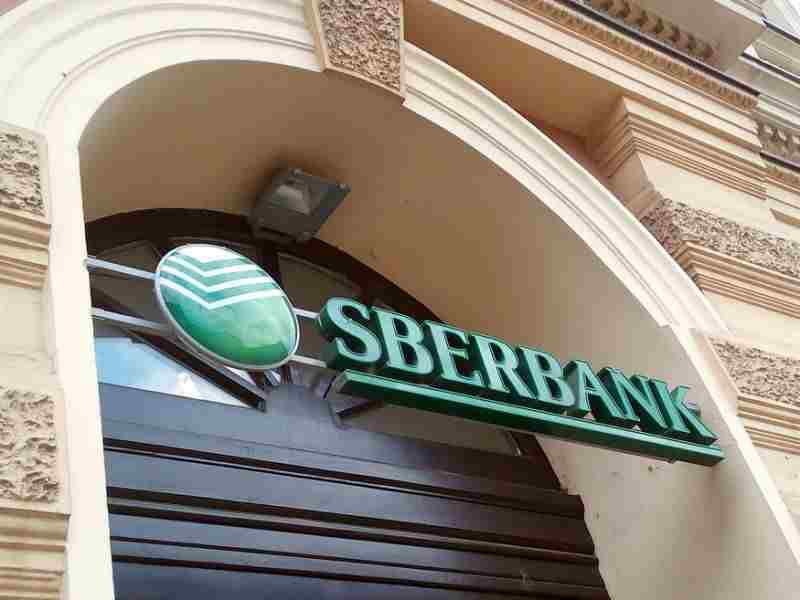Russia’s largest bank conducted Russia’s first commercial bond transaction using blockchain technology

Last week, we reported about how HSBC made history after it completed the world’s first trade-finance transaction with Cargill using blockchain. Now the investment and corporate banking arm of Russia largest bank, Sberbank and telecom giant MTS claimed to have conducted Russia’s first commercial bond transaction using blockchain technology.
In an announcement, MTS revealed it had placed commercial bonds worth RUB 750 million (approx. $12 million) on a proprietary blockchain platform provided by the country’s National Settlement Depository powered by smart contracts technology. “The leading Russian telecommunications operator and digital service provider, has placed commercial bonds in the amount of RUB 750 mln using blockchain smart contracts, making it the first transaction of its kind in Russia,” the statement read.
To process the transaction, National Settlement Depository provided its own blockchain platform based on Hyperledger Fabric 1.1. Sberbank CIB was the organizer and main buyer of the issue of MTS bonds with a 6-month maturity term for a total sum of RUB 750 million.
The project provided confidentiality in working with accounts and considered the requirements of Russian legislation. The chosen scheme of cryptographic protection allows to conduct all operations in electronic format, in addition to the electronic signature service that is already available to the clients of the Moscow Exchange Group. The source code for smart contracts is posted on github https://github.com/altoros/nsd-commercial-paper/ and is open in accordance with the requirements of the Hyperledger project, where Sberbank and the Moscow Exchange Group have been participating since 2016.
According to the report, the transaction was executed via DVP (Delivery versus payment) settlement assuming simultaneous movement of securities and money using blockchain, the immutable ledger for recording transactions. The framework of the transaction was structured to include the possibility of a dynamic change in the composition of network participants in order to potentially open the issue to a wide range of investors.
Andrey Kamensky, Vice President, Finance, Investments and M&A, MTS, commented, “MTS continuously tests and implements new technologies across a variety of business areas, including corporate finance. As such, it is important for us to accelerate the launch of innovative solutions and reduce test time. Today, with the participation of our partners, we have successfully executed the first commercial bond issue in Russia using smart contracts based on blockchain throughout the entire settlement chain – from security placement and cash receipt to fulfillment of all obligations to the investor. MTS intends to continue employing blockchain-based solutions, primarily in financial markets, due to its clear advantages in increasing transaction transparency and the participants’ confidence, while substantially reducing transaction costs.”
Eddi Astanin, Chairman of the Board, National Settlement Depository, commented, “The NSD was one of the first institutions in Russia to begin working with blockchain, starting to develop the prototype platform for bond transactions in the first quarter of 2017. The pioneering transaction with Sberbank and MTS confirmed blockchain’s status as an efficient industrial technology providing confidentiality and speed during securities settlement. Our ultimate goal, in cooperation with market leaders, is to create an infrastructure for digital assets record, which is an important prerequisite to attract institutional investors, develop the market and accelerate growth in its capitalization.”
Igor Bulantsev, Senior Vice President, Sberbank CIB, commented, “Sberbank is the Russian leader in the field of technological and digital innovation in the financial sector. The issuance of MTS bonds allowed us to confirm the reliability, efficiency and security of the platform based on blockchain for complex structured transactions with securities and once again proved the promise of technology for the development of digital economy in Russia.”

